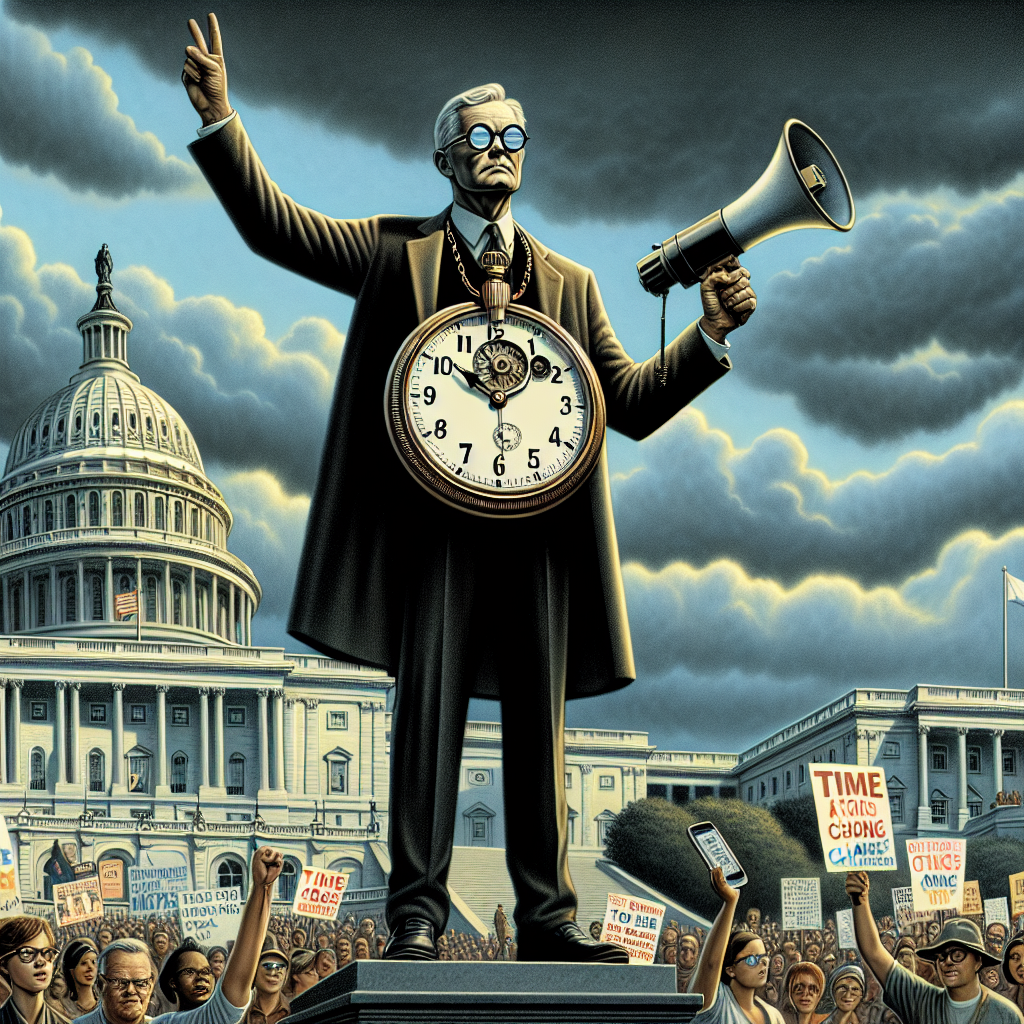Listen up, citizens of the chaos—we’re staring down the geopolitical barrel once again, and guess whose finger’s twitching on the trigger? Washington’s most hesitant war drummer now turned peacetime pitchman: Secretary of State Marco Rubio. Yes, you read that right. The same Rubio who once tried to out-hawk John McCain is now floating the idea of a ceasefire in Ukraine like it’s a Groupon deal about to expire.
Rubio, ever the political chameleon with just enough gel in his hair to survive a hurricane and just enough spine to sway with the polls, announced this week that the United States will decide “within days” whether peace in Ukraine is—brace for cliché—“doable.” Doable? Marco, are we talking about a diplomatic resolution or assembling IKEA furniture?
But let’s not get distracted by delivery. Let’s unpeel this rhetorical onion and find the truth stinking at the center. Rubio stepping onto the global stage talking peace isn’t just surprising—it’s like discovering a shark that’s suddenly turned pescatarian.
Now, why the shift? Why the sudden craving for conflict resolution from a guy who once never met a NATO escalation he didn’t want to marry? Simple: 2024 is knocking, and the U.S. electorate isn’t asking who’s tougher; they’re asking who’s smarter. After two years of funding a proxy tug-of-war that’s burned billions while inflation turned eggs into luxury items, even the foreign policy hawks are waking up to the fact that the American people didn’t sign up for endless overseas subscriptions.
Rubio knows it. Washington knows it. And somewhere in a Siemens-furnished office outside of Brussels, NATO knows it.
But let’s not pretend peace is as close as a handshake and a vodka toast. This “decision in days” Rubio promises? Don’t hold your breath. It’s Beltway speak for “let’s see which way the political wind is blowing.” The Biden administration is juggling airstrikes in the Middle East, campaign rhetoric at home, and donor dollars faster than a blackjack table on fire—and Rubio’s just trying to bet on the right number before the dealer calls time.
So here’s the strategy behind the theater: float the idea of peace to quench the anti-war crowd, keep the war chest open in case Putin blinks, and above all—position yourself as the adult at the table when the music stops. It’s political peacocking with plausible deniability. If talks fail? Blame Putin. If they succeed? Cue the Rubio 2028 campaign ad: “I brokered peace, and I didn’t even mess up my tie.”
Now let me be clear—do I believe in peace? Absolutely. But in international politics, peace doesn’t come on doves’ wings. It comes on back-channel deals, economic leverage, and the quiet click of a paused arms shipment. Want real ceasefire prospects? Watch what the Pentagon signs off on, not what Rubio whispers at a podium.
So, America, don’t be fooled by buzzwords like “doable” and “within days.” That’s not a strategy—it’s a soundbite. Real decisions don’t come over a weekend. They come when power players decide it’s in their interest to stop fighting and start cashing their chips.
And right now, the U.S. is just figuring out which table it wants to play at.
The game’s on, and trust me—I play to win.
– Mr. 47









